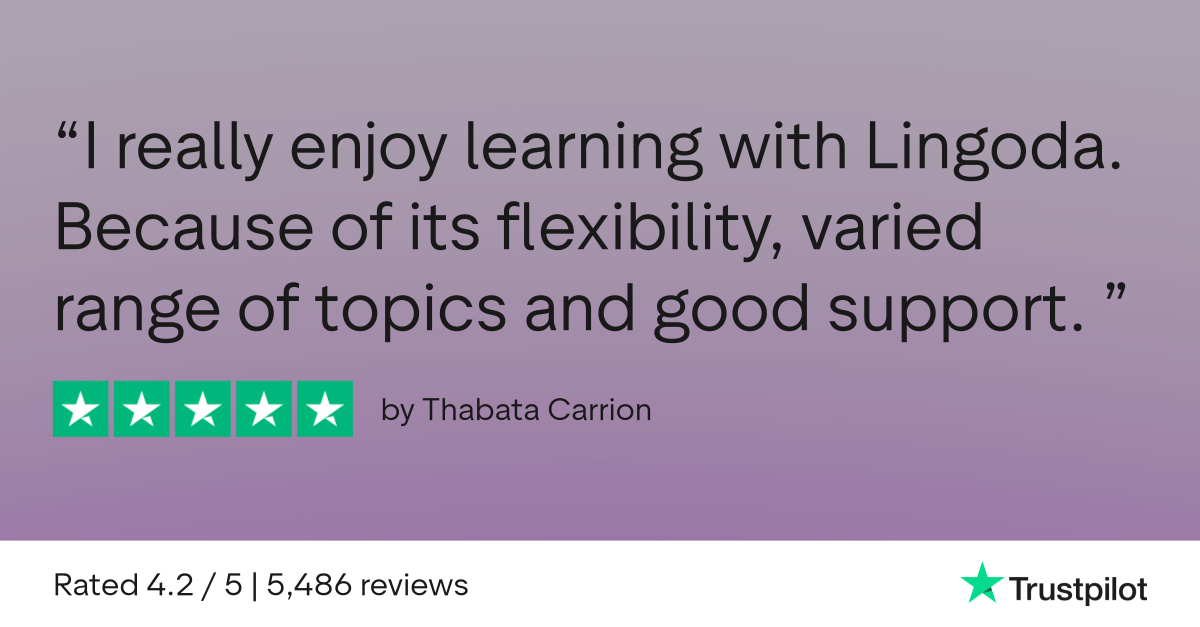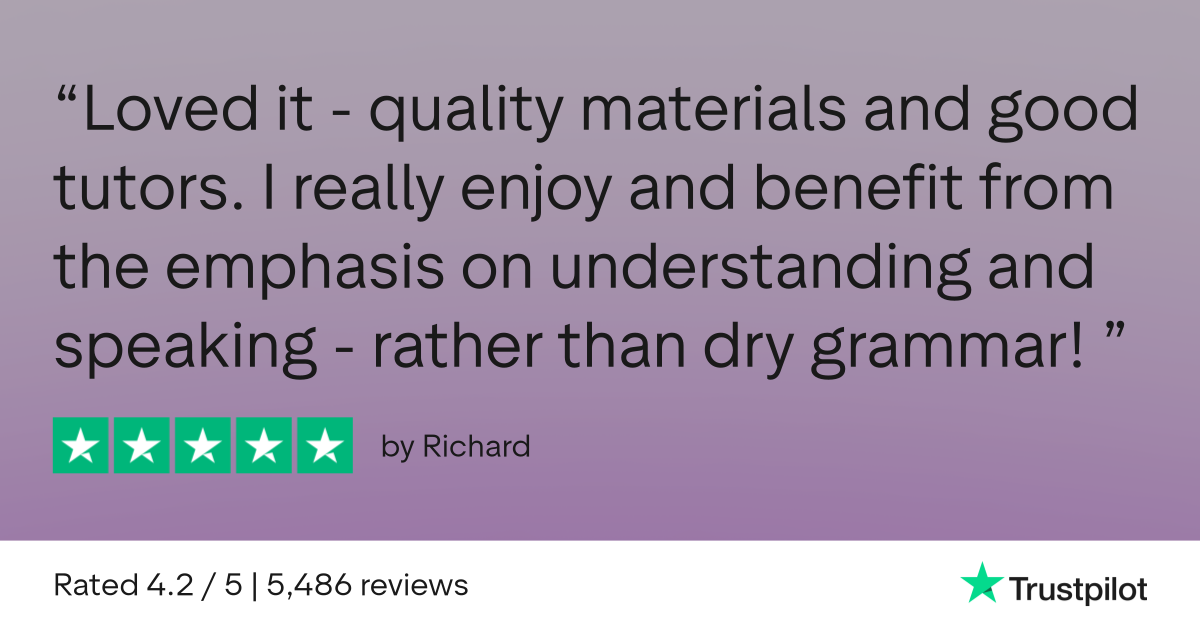Scholarships to study in Germany — a comparison of available types
Thinking about studying in Germany but wondering how to afford it? While tuition at public universities is often low or even free, the real challenge lies in covering monthly living costs — rent, insurance, travel, and study materials can easily add up.

Scholarships can be a game-changer. They don’t just lighten the financial load; the right funding can give you access to mentoring, research opportunities, and a strong professional network.
This guide breaks down the main types of scholarships in Germany, shows how they compare, and shares tips to help you choose the best fit and apply with confidence.
- Why scholarships matter in Germany
- The scholarship landscape in Germany
- How scholarships differ — key criteria to compare
- 4 types of scholarships in Germany (with examples)
- Scholarship comparison table
- How to choose and apply for scholarships
- FAQs
Why scholarships matter in Germany
Germany has become one of the world’s top study destinations for international students thanks to its high-quality universities and extensive funding opportunities.
Even with minimal or no tuition fees at public universities, most students need between €900–€1,200 per month for living expenses alone. A scholarship can close this gap, allowing you to focus on your academic goals instead of financial stress.
Beyond easing costs, scholarships often offer far more: access to exclusive programs, career-boosting networks, and recognition that can open doors long after graduation.
Main scholarship types in Germany
There are five main routes to funding your studies in Germany:
- Government scholarships
- National merit scholarships
- Foundations and NGOs
- University-based scholarships
- Short-term and exchange funding
This quick overview helps you see the landscape at a glance before we dive deeper into each option.
The scholarship landscape in Germany
Germany’s funding opportunities combine public, private, and international support:
- Government programs – led by DAAD (Deutscher Akademischer Austauschdienst), the largest funding organization for international students and researchers, with additional federal and state initiatives for specific regions and subjects.
- National merit scholarships – such as the Deutschlandstipendium, which rewards academic excellence and civic engagement.
- Foundations and NGOs– including well-known political and social foundations like the Heinrich Böll Foundation, Konrad-Adenauer-Stiftung, and Friedrich Ebert Stiftung, which fund students who align with their values or fields of focus.
- University-based scholarships – offered directly by many German universities, often merit- or need-based and sometimes tied to specific study programs.
- Short-term and exchange funding – including DAAD summer courses and Erasmus+ for semester exchanges, internships, or language programs.
A great starting point for research is the DAAD Scholarship Database, which allows you to filter programs by nationality, degree level, and subject area.
How scholarships differ — key criteria to compare
Choosing a scholarship isn’t just about how much funding you’ll receive — there are several other factors worth considering:
- Eligibility: Check the requirements for degree level, nationality, field of study, and sometimes language skills to ensure you qualify before applying.
- Funding & benefits: Look beyond the monthly stipend — some scholarships also cover tuition fees, travel expenses, health insurance, or study materials.
- Duration & renewal: Find out how long the scholarship lasts — from a single semester to several years — and whether it can be renewed if you meet certain conditions.
- Selection process & competition: Understand what the committee values most — academic excellence, research potential, personal motivation, or community engagement — to tailor your application accordingly.
- Obligations: Be aware of any requirements such as maintaining a specific GPA, submitting progress reports, or participating in volunteer or civic activities.
- Extra perks: Some scholarships offer mentoring programs, networking events, or research grants that can be just as valuable as the financial support itself.
4 types of scholarships in Germany (with examples)
Government & national programs
- DAAD scholarships: For Master’s, PhD, and research stays, offering around €992–€1,300 per month plus benefits like health insurance and travel support.
- Deutschlandstipendium: €300 per month for high-achieving Bachelor’s and Master’s students, jointly funded by universities and private sponsors. Includes mentoring and networking opportunities.
Foundations & political scholarships
These programs provide financial aid plus community engagement and networking:
- Heinrich Böll Foundation: Supports students with a focus on sustainability, civic action, and human rights.
- Konrad-Adenauer-Stiftung: Helps students active in politics, social work, or leadership roles.
- Friedrich Ebert Stiftung: Focuses on social democracy, equity, and inclusion
University scholarships
Many universities in Germany run their own institutional scholarships for enrolled students.
These can be merit-based or targeted at specific fields of study and often aren’t listed in central databases — so it’s worth checking directly with the university’s international office.
Short-term & exchange funding
For students coming to Germany temporarily:
- DAAD summer courses: Support language learning, research projects, or internships.
- Erasmus+: Offers funding for semester exchanges within the EU and partner countries, covering travel and partial living expenses.
Scholarship comparison table
| Type / Provider | Target group | Benefits | Duration | Selection criteria | Notes |
| DAAD | Master’s, PhD, researchers | €992–€1,300 stipend + travel + insurance | 1–4 years | Academic merit, project plan | Highly competitive |
| Deutschlandstipendium | Bachelor’s & Master’s students | €300/month + mentoring | Renewable per semester | Merit, engagement | Limited slots |
| Foundation scholarships | Socially/politically active students | Stipend + mentoring | 1–2 years, renewable | Social engagement, leadership | Often field/ideology-specific |
| University scholarships | Enrolled students | Tuition waiver or partial stipend | Varies | GPA, internal university criteria | Often not listed in central databases |
| Short-term / exchange | Semester or internship students | Travel + living support | 1 semester / short stay | Merit, program requirements | Not for full degree programs |
How to choose and apply for scholarships
- Start with the DAAD Scholarship Database: Use it to explore available programs and filter by nationality, degree level, subject area, and funding type.
- Identify the right fit: From your shortlist, focus on scholarships that align with your degree level, subject area, and career goals.
- Check requirements early: Review eligibility criteria — including country-specific rules — as well as renewal terms and obligations like GPA thresholds or progress reports.
- Prepare your documents: Gather transcripts, language certificates, recommendation letters, and any required project or research plans well in advance.
- Tailor every application: Highlight your achievements, motivation, and relevant experience to reflect the scholarship provider’s priorities.
- Apply widely: Submit applications to several scholarships to increase your chances of success.
- Mind the deadlines: Many programs close 6–12 months before your course begins, so plan ahead.
- Seek guidance: Contact university international offices, German embassies, or alumni networks for insider tips and support.
Finding your scholarship in Germany
Germany’s scholarship options are diverse — from DAAD and the Deutschlandstipendium to political foundations, universities, and Erasmus+.
The best choice depends on your academic goals, subject area, nationality, and any additional commitments such as civic engagement or academic performance.
To maximize your chances, start planning early — ideally 6–12 months in advance — and don’t hesitate to apply for multiple programs.
With the right preparation and persistence, scholarships can make studying in Germany more affordable, rewarding, and transformative for your career.
Can I hold multiple scholarships at once?
Usually not; most programs don’t allow double funding for the same purpose.
Do scholarships need to be repaid in Germany?
No. Scholarships are generally non-repayable grants.
Are there options for undergraduates?
Yes — the Deutschlandstipendium and some foundation or university awards are open to Bachelor’s students.
How much does DAAD pay for Master’s vs. PhD students?
Master’s: about €992/month; PhD: around €1,300/month plus benefits.
When should I apply?
Plan 6–12 months before your intended start date; many deadlines fall in autumn for the following academic year.
We use AI tools to support idea generation and drafting. Every article is edited by our editorial team to ensure accuracy, clarity, and quality.
















